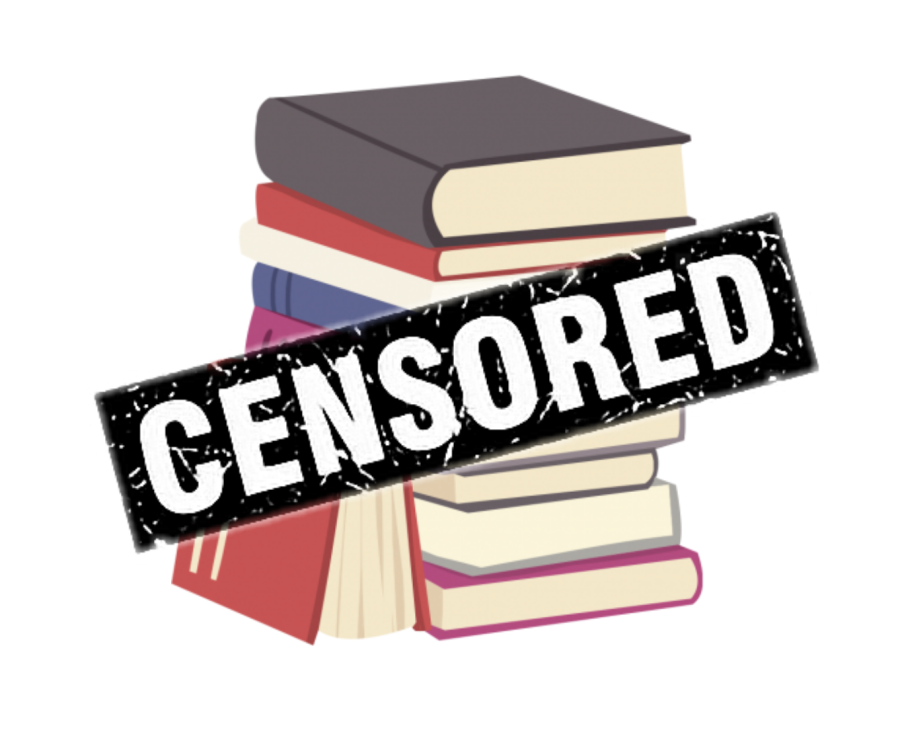The Impact of Book Banning
Across the country, books containing “sensitive topics” are being banned. How does book banning affect students and teachers? How can students take action?
Across the country, school materials are being censored by legislators.
In K-12 schools across the country, books are being pulled from library shelves in an effort to shield children from potentially sensitive subjects. Book banning is the most prominent form of censorship in the United States, and schools are specifically being targeted.
Typically, those who advocate for the banning of a book believe that it contains graphic violence, encourages disrespect for parents and family, is sexually explicit, lacks literary merit, is inappropriate for a specific age group, or includes offensive language. Most often, banned books also include themes of sexuality, gender identity, and race.
“I think that this legislation directly inhibits a student’s right to knowledge and exploration. The goal of reading is to learn more about subjects that interest us as well as those that are relevant in today’s world. If we are unable to explore these ideas, we won’t be able to form our own opinions or develop higher thinking skills,” said Claire Franzwa, 10.
Book banning not only affects students’ classroom experiences but teachers’ as well. For teachers, book banning can mean self-censorship, ever-changing curricula, and conflict with personal beliefs.
Book banning ultimately comes down to a discussion of parental rights. Parents want to have a say in their child’s education.
“Some parents do make a valid point about keeping young children from being exposed to mature topics that they should probably not understand at their age. However, I think that overall, the argument to ban content is unfair to students who want to explore the world through literature,” said Franzwa.
Many believe that there are more pressing issues affecting schools and students than controversial topics in books.
“Ensuring that all students feel safe and accepted at school should be one of the top priorities of lawmakers. A vital aspect of this is providing safety measures that prevent the entrance of deadly weapons into schools, which could be mandated by legislators to prevent school shootings,” said Franzwa.
There are many ways students are taking action against the legislation threatening their schools and classrooms. The first way is to contact local legislators and demand action to be taken against book banning and content censorship. Students can also educate themselves on these controversial topics in order to stay informed and open-minded.

Kaelyn is a senior at Liberty, and this is her third year on the Live Wire staff. At Liberty, she participates in NHS, garden club, SEA club, and softball....








